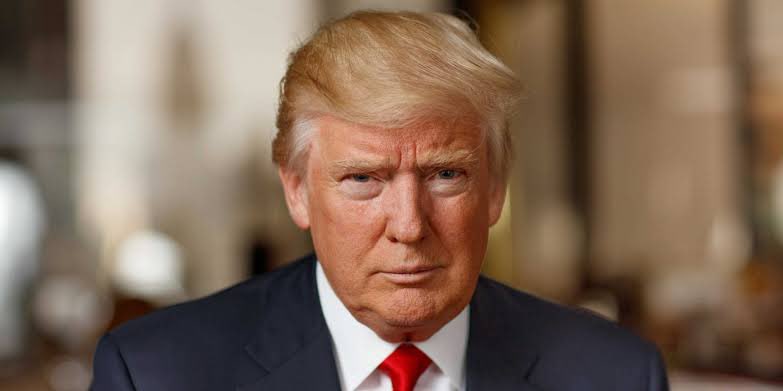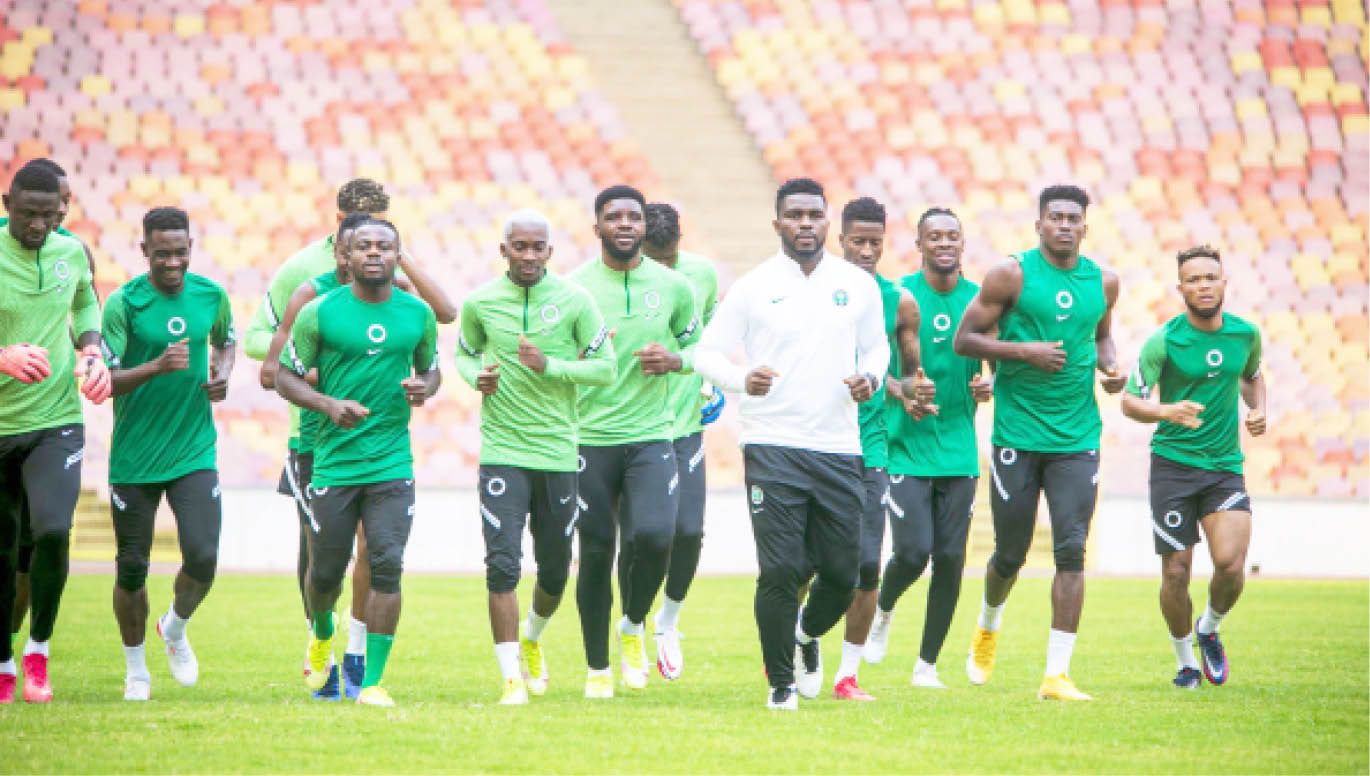
Silent Shock: Nigerians Stranded as U.S. Embassy Quietly Revokes Visas Without Warning

The United States Embassy in Nigeria has reportedly embarked on a wave of quiet visa revocations, leaving many Nigerian professionals, entrepreneurs, frequent travellers, and families stranded in confusion, disappointment, and financial losses. What initially appeared as isolated cases has now grown into a troubling trend, sparking widespread anxiety among citizens who rely on valid U.S. visas for business, education, family visits, medical treatment, and official engagements. The sudden cancellations, often executed without prior warning or clear justification, have disrupted lives, raised questions, and created a climate of uncertainty about U.S.-Nigeria travel relations.
The alarm was first raised by former Chief Corporate Communications Officer of NNPC Ltd, Olufemi Soneye, in an article he published on Sunday titled “The Quiet Revocation: Why is the U.S. Silently Cancelling Nigerians’ Visas?” In his piece, Soneye detailed accounts of several Nigerians who received unexpected letters from the U.S. Embassy in Lagos or Abuja, instructing them to submit their passports. Many complied, assuming it was for routine administrative checks, only to be stunned when their visas were cancelled without further explanation.
The notices, citing Title 22, Code of Federal Regulations, Section 41.122, vaguely stated that “new information became available after the visa was issued.” However, the notices provided no evidence, no clarity on what the so-called new information entailed, and most importantly, no right of appeal. For the individuals affected, the experience has been disorienting, humiliating, and financially damaging. The move has been described as “a quiet purge” that undermines the confidence Nigerians once had in the validity of their U.S. travel documents.
Among those caught in this unexpected wave of revocations is a prominent journalist whose work often involves international reporting and global conferences. Another is the head of a federal government agency who was billed to deliver an important address at a major international event. There is also an Abuja-based entrepreneur with a clean travel record, whose cancelled visa has now jeopardized critical business negotiations in the United States. In addition, several professionals and frequent travellers have been hit by this silent policy shift, many of whom say they have always complied with U.S. immigration laws, never overstayed their visas, and never posed any security risk.
The consequences of the cancellations have been severe. Some individuals had to abandon trips at the last minute, refund already purchased flight tickets, and cancel hotel reservations. Others were forced into awkward situations of explaining to foreign partners why important meetings could not hold. In certain cases, travellers only discovered their visas had been revoked at the airport check-in desk. Shockingly, a few were even briefly detained by airport authorities before being turned back, embarrassed and stranded. For families, the situation has been heartbreaking. Parents who planned to visit children studying in the United States have had to cancel long-anticipated trips, while others who had scheduled medical treatments abroad have been thrown into distress.
So far, neither the U.S. Embassy nor Nigerian authorities have issued any official statement addressing this sudden wave of cancellations. The silence has deepened the sense of anxiety, leaving those affected grasping for answers. Many Nigerians now fear that the development signals a deliberate, though unannounced, tightening of U.S. visa policies towards the country. Without transparency from American officials, speculation has filled the vacuum. Some believe the cancellations may be linked to enhanced security vetting, while others suspect diplomatic or political undertones. Whatever the case, the opacity has made the process feel arbitrary and discriminatory.
What troubles many is that the revoked visas were valid, in some cases for years, and were issued after thorough screening. The U.S. visa process is already known to be rigorous, requiring applicants to go through detailed interviews, background checks, and financial scrutiny. For those who have passed this process, received visas, and maintained clean travel records, the revocations feel like a betrayal of trust. It also raises practical questions: if “new information” justifies cancellation, why is the nature of that information not disclosed? And why is there no appeal mechanism for innocent travellers caught in the crossfire?
In the absence of official clarification, the implications ripple far beyond the individuals directly affected. Business confidence takes a hit when entrepreneurs cannot rely on valid visas to attend international meetings, pitch ideas, or sign contracts. Academic collaborations and research projects suffer when Nigerian scholars suddenly find themselves unable to travel for conferences or lectures. Families are left in distress when crucial visits or medical appointments are derailed without notice. The uncertainty even threatens to discourage Nigerians from investing time and resources into the complex U.S. visa process, knowing their approvals could be revoked at any moment without recourse.
The silence of Nigerian authorities has also come under scrutiny. Many citizens feel abandoned by the government, which has yet to issue a strong response or engage the U.S. on behalf of affected nationals. For a country whose citizens contribute significantly to the U.S. economy through education, business, and tourism, the lack of diplomatic pushback sends the wrong message. Nigerians studying in the U.S. alone represent one of the largest international student communities, paying billions of dollars annually in tuition fees and living expenses. Businessmen, medical tourists, and frequent travellers also contribute heavily to bilateral ties. Yet today, those same Nigerians feel treated as disposable by a partner nation that once prized their engagement.
Critics argue that this development should serve as a wake-up call for Nigeria to strengthen its own institutions, improve opportunities at home, and reduce overdependence on foreign countries for education, healthcare, and economic prospects. The humiliation of stranded citizens at foreign airports highlights the urgent need for better domestic systems that make Nigerians less vulnerable to external policies. However, that long-term solution does not diminish the immediate pain of those whose plans and finances have been upended.
For now, the quiet revocations remain shrouded in mystery, and Nigerians are left grappling with more questions than answers. Why has the U.S. chosen silence over transparency? What exactly is the “new information” that suddenly invalidates previously issued visas? Why is there no avenue for appeal or clarification for affected travellers? Until those questions are answered, trust in the U.S. visa system will remain eroded, and Nigerians with valid visas will travel with a lingering fear that their documents could be revoked at any moment.
In the meantime, families are stranded, professionals are missing out on critical opportunities, and a once-stable travel arrangement between Nigeria and the United States appears to be quietly unraveling. The damage may extend beyond individual inconvenience into the fabric of bilateral relations, breeding resentment and distrust. Without immediate action and clear communication, the U.S. risks alienating a country whose citizens have long been committed contributors to its economy, academic institutions, and professional sectors. For Nigerians, the shock is not just in the cancellations, but in the silence. A silence that speaks volumes, and one that continues to leave thousands stranded in uncertainty.


